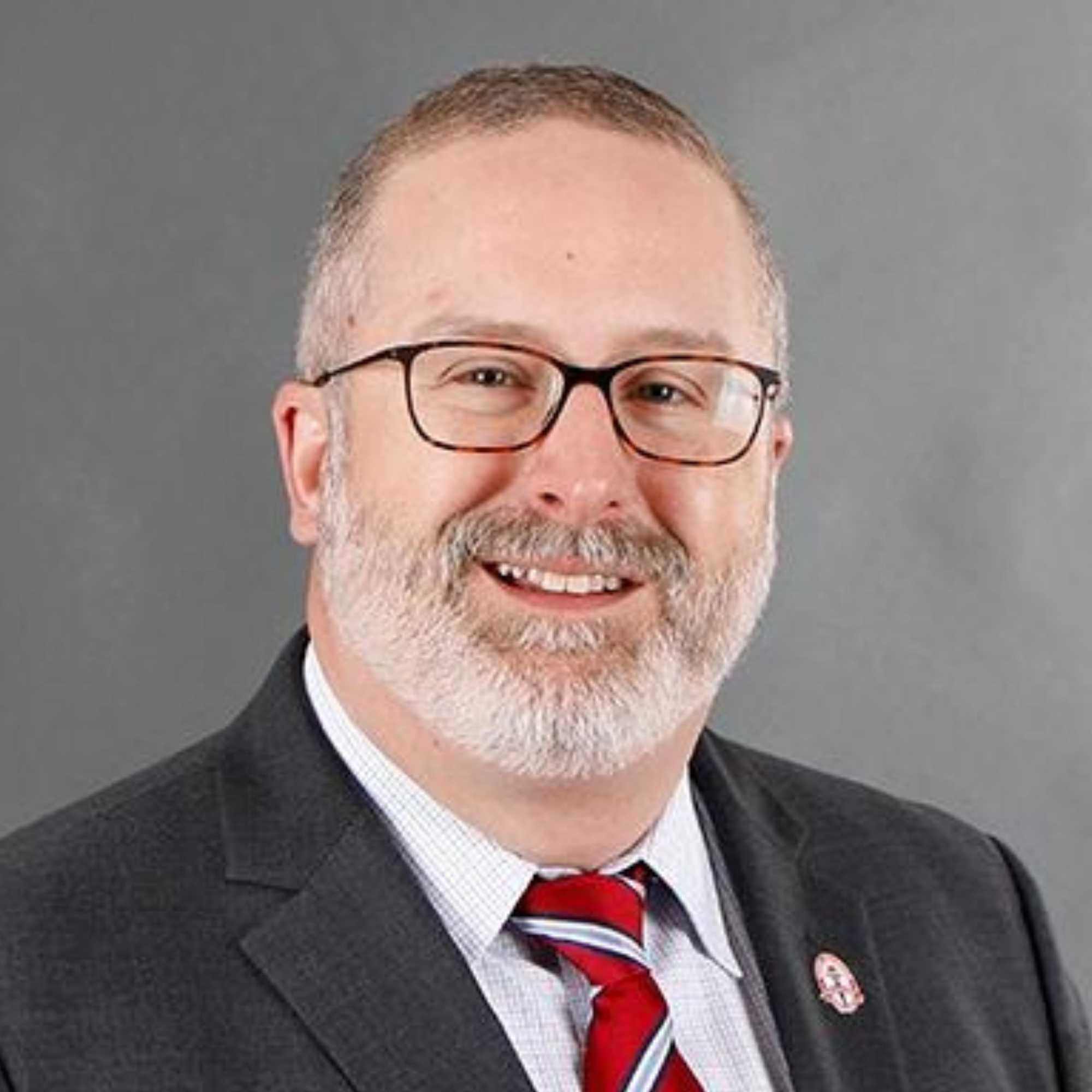The summer of 1999, I was 20 years old. I had recently graduated with my associate’s degree from a junior college and was preparing to transfer to a state Baptist college to pursue my bachelor’s degree. I was serving in youth ministry and was speaking frequently at regional youth events. I planned to attend seminary after I graduated from college. I was also almost totally unfamiliar with the idea of a biblical worldview.
To be clear, I believed in the importance of sound doctrine. Though I didn’t know all the terms at the time, I believed conceptually in biblical inerrancy, complementarianism, penal substitutionary atonement, and the exclusivity of Christ because I saw these concepts in the Bible. I also knew there were ideas taught by professors at my junior college that were incompatible with what I saw in Scripture, especially naturalistic evolution and revisionist views of sexuality.
I was beginning to get interested in apologetics and the intersection of faith and culture. During my sophomore year, I read Josh McDowell’s A Ready Defense and C. S. Lewis’s Mere Christianity. But overall, my faith was sincere but fairly shallow. I wanted to make a kingdom impact, but I didn’t really know how to think Christianly. In fact, I didn’t really put much stock in the life of the mind. I was a mediocre student who was working hard to do the bare minimum required to earn a solid “B” in most classes. Except the classes where I earned a “C” instead.
I was also working 25 or so hours a week for my family’s truck parts company, and I spent much of that time making deliveries all over Southeast Georgia. I listened to a lot of Christian talk radio during those long drives. Sermons comprised most of the content, and my favorite radio preachers were Adrian Rogers, David Jeremiah, and Tony Evans. But I also enjoyed listening to Chuck Colson’s “Breakpoint” segments, where he applied Christianity to contemporary issues in American culture.
Around the time I finished junior college, I signed up for a subscription Christian book club. I selected as one of my introductory volumes Colson’s How Now Shall We Live? That book, which Colson co-authored with Nancy Pearcey, helped alter the trajectory of my spiritual life. The authors introduced me to the idea of a Christian worldview. I learned for the first time the now-familiar categories of creation, fall, redemption, and restoration. Colson and Pearcey critiqued ideas and movements that were shaped by rival worldviews. They pointed to role models from the past and present who exemplified faithful Christian thinking and living.
How Now Shall We Live? introduced me to Christian thinkers like Francis Schaeffer and Abraham Kuyper, both of whom would later join Colson as key conversation partners. I was introduced to William Wilberforce, albeit in passing, and I first realized there might be more to Jonathan Edwards than “Sinners in the Hands of an Angry God.” I learned for the first time about the Intelligent Design movement, which became a topic I read widely about for the remainder of college.
As I began my junior year, I started assessing what I was learning from the perspective of a biblical worldview. In fact, I began to think about what it would mean for a college to be wholly committed to thinking Christianly about every academic discipline. That was certainly happening in some classrooms at my Baptist college between 1999 and 2001, but it wouldn’t become a major priority at the college until after I graduated and moved off to seminary. By that time, I had become convinced that God was refining my calling. I now aspired to be both a pastor and a professor. I wanted to preach the Scriptures to God’s people, and I wanted to teach students in a way that is consistent with those same Scriptures.
I’m now in my mid-40s. I have read almost every book Colson has written, and he remains a hero of the faith to me. I serve as professor of faith and culture at a university committed to the Christian worldview. I also direct an institute at the university that focuses on biblical worldview formation and helping students to think Christianly about culture. In addition, I am a bivocational teaching pastor at my church, where I teach members about many of the same topics I teach my college students. I’m living out my dream vocation.
Counterfactuals are always a tricky thing, especially for us historians. I can’t be certain what my ministry would’ve looked like had I not read How Now Shall We Live? in the summer of 1999. But this much I know, with certainty: God providentially put that book in my hands a quarter-century ago. And today, I remain thankful to God for the profound impact Chuck Colson has had upon my life and ministry. Soli Deo Goria.
Nathan Finn, Provost and Dean of the University Faculty at North Greenville University, is a historical and systematic theologian who writes and speaks widely on Baptist history and thought, leadership, and Christian higher education. He serves as a Research Fellow for the Ethics and Religious Liberty Commission. He frequently preaches and teaches for local churches, ministry leadership conferences, Bible conferences, and other similar events.

